The Best Jazz Bassists Of All Time Ranked
Jazz is a music genre that originated in the African-American communities of New Orleans, Louisiana in the late 19th and early 20th centuries, with its roots in blues and ragtime. Since the 1920s Jazz Age, it has been recognized as a major form of musical expression in traditional and popular music. Jazz is characterized by swing and blue notes, complex chords, call and response vocals, polyrhythms and improvisation. Jazz has roots in European harmony and African rhythmic rituals. As jazz spread around the world, it drew on national, regional, and local musical cultures, which gave rise to different styles. New Orleans jazz began in the early 1910s, combining earlier brass band marches, French quadrilles, biguine, ragtime and blues with collective polyphonic improvisation. But jazz did not begin as a single musical tradition in New Orleans or elsewhere. In the 1930s, arranged dance-oriented swing big bands, Kansas City jazz (a hard-swinging, bluesy, improvisational style), and gypsy jazz (a style that emphasized musette waltzes) were the prominent styles. Bebop emerged in the 1940s, shifting jazz from danceable popular music toward a more challenging “musician’s music” which was played at faster tempos and used more chord-based improvisation. Cool jazz developed near the end of the 1940s, introducing calmer, smoother sounds and long, linear melodic lines. Here are all of the best Jazz Bassists of all time ranked.
See more: The Best New Wave Guitarists Of All Time Ranked
See more: The Best New Wave Singers Of All Time Ranked
20. Charnett Moffett

“A supremely versatile musician, Moffett, like his father before him, has also played avant-garde jazz with Ornette Coleman and incorporates Middle Eastern and fusion influences into his own, very eclectic, music. Conversant with both electric and acoustic styles, Moffett is a master of post-bop jazz whose dizzying versatility more than earns him his place among the world’s best bass players jazz.”
19. William Parker

“Parker frequently alternates between plucking and bowing his bass, and considers tone color, dynamics and timbre just as important as the notes he plays. Since the early 80s, Parker – who, unique among the best jazz bassists, is also a poet and a musical essayist – has been a prolific recording artist whose work has been consistently strong.”
18. Malachi Favors
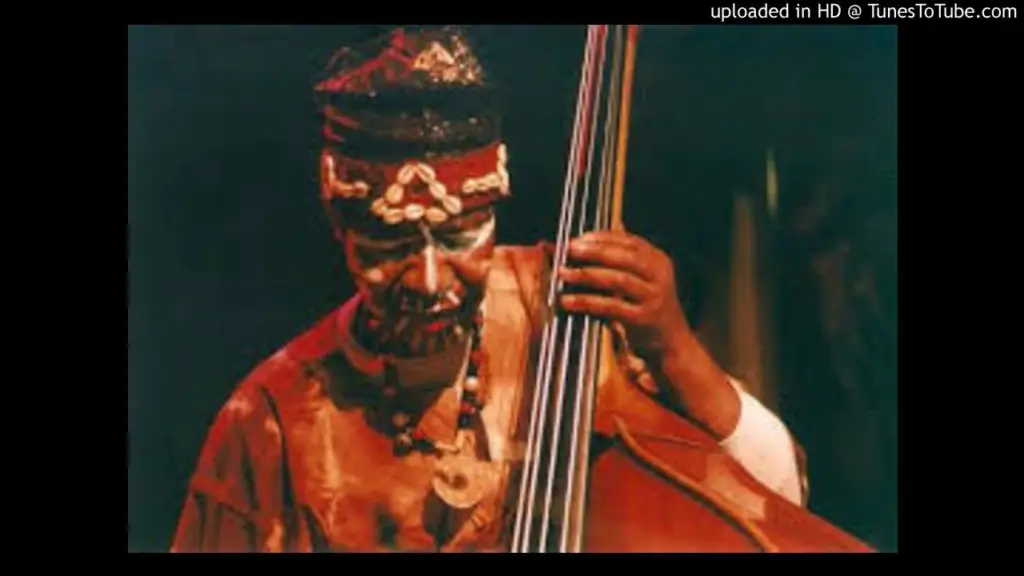
“A notable bassist in the world of free jazz, Favors, originally from Lexington, Mississippi, started out playing hard bop with Freddie Hubbard and Dizzy Gillespie in the 50s but made his mark as a member of the long-running experimental music group Art Ensemble Of Chicago, from the late 60s onwards. He also recorded with Andrew Hill, Archie Shepp, Dewey Redman, and Sunny Murray.”
17. Eberhard Weber

‘This Stuttgart-born German bassist has enjoyed a long and fruitful association with producer Manfred Eicher’s Munich-based ECM label. He’s also a noted composer and his credits as a sideman range from jazz dates with Gary Burton, Pat Metheny and Jan Garbarek to appearing on four Kate Bush albums.”
16. Spanky DeBrest

“Though ultimately not as significant as Chambers, he still ranks among the best jazz bassists in history. Helping to lay the foundation for hard bop bass playing, he became highly sought-after in the late 50s and early 60s, playing with Thelonious Monk and appearing on albums by Clifford Jordan, Art Blakey’s Jazz Messengers, Lee Morgan and John Coltrane.”
15. George Mraz

“A prolific session player (he’s appeared on record with Stan Getz, Chet Baker, Charles Mingus, Joe Henderson and Art Pepper), Mraz has released a clutch of albums as both a leader and co-leader, and continues to work today, in his mid-70s.”
14. Marcus Miller
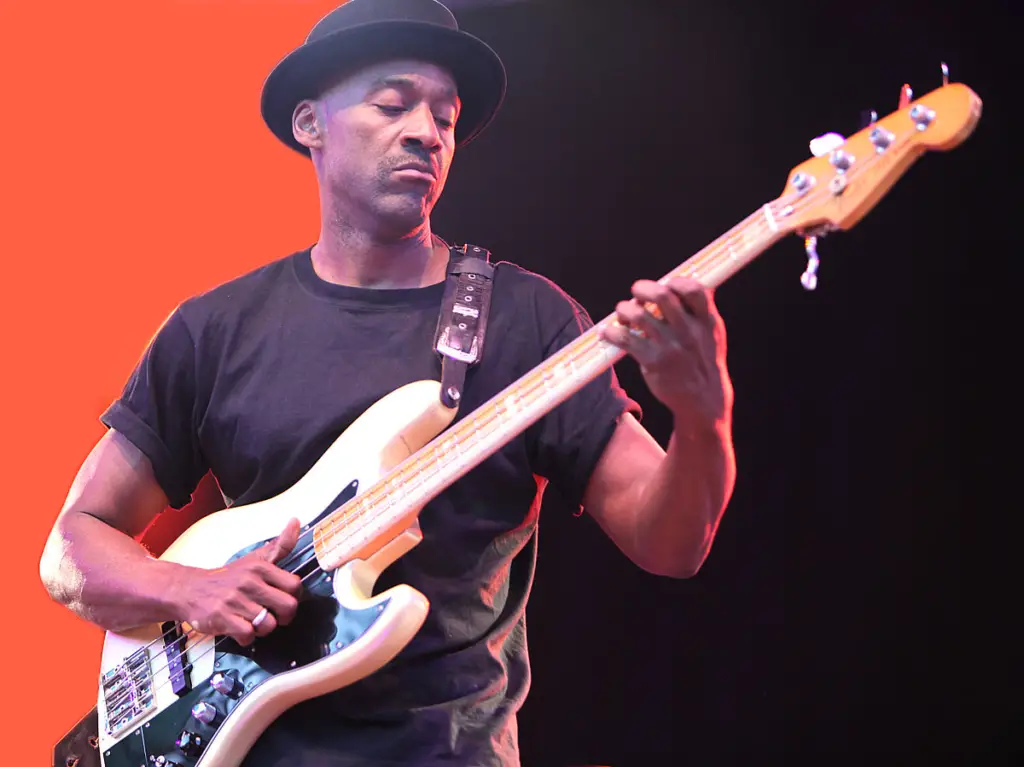
“As one of the best jazz bassists to ever master the instrument, there’s nothing that the technically gifted and super-versatile Miller can’t play: he can lay down chunks of gutbucket funk with the requisite level of earthiness and also execute difficult jazz pieces with supreme skill and taste.”
13. John Patitucci

“He has long played with Chick Corea, playing an acoustic bass and a six-string electric. Many fellow bass players consider Patitucci to be the leading six-string bass player in the world. He’s performed or recorded with Wynton Marsalis, Herbie Hancock, and Pat Metheny as well as working with many composers for film scores. “
12. Alphonso Johnson

“A key member of Wayne Shorter and Joe Zawinul’s influential fusion group, Weather Report, during the mid-70s, Philly-born Johnson’s fluid fretless electric basslines were a pivotal factor in the band embracing a funkier and more commercial approach to jazz. He appeared on their classic albums Mysterious Traveller, Tail Spinnin’ and Black Market, though quit the band halfway through recording the latter album when he realized he was about to be replaced by Jaco Pastorius.”
11. Victor Bailey

“Like Alphonso Johnson before him, Victor Bailey was a Philadelphian who made his name playing electric bass in noted fusion group Weather Report. He appeared on the band’s final four albums and released several albums under his own name, in addition to recording with Sonny Rollins, Tom Browne, Billy Cobham, Michael Brecker, Santana, and Lady Gaga. His nimble fingers and ability to play sinuous and melodic basslines with seemingly effortless ease ensures his place among the best jazz flutists in history.”
10. Dave Holland

“The sole non-American jazz bassist to produce the record, Dave Holland, was born & raised in England, where he established himself on the London jazz scene because of the resident bassist in Ronnie Scott’s legendary Jazz Club. It had been there, in 1968, that Miles Davis discovered him, shortly after, encouraged him to join his group. His records with Miles in that interval include some of their most renowned: Filles de Kilimanjaro (with Chick Corea, Wayne Shorter, and Tony Williams), In a Silent Way, and Bitches’ Brew.”
9. Charlie Haden

“Charlie Haden made his professional debut at a young age, performing with his family’s band on the radio in their hometown of Shenandoah, Iowa. Haden developed an interest in the double bass as a young teenager and moved to Los Angeles when he was 20 in 1957 to pursue a career in music. While in Los Angeles, he worked with several important musicians, including the free-jazz pioneer saxophonist Ornette Coleman.”
8. Scott LaFaro

“Scott LaFaro’s short life started in New York state, where his father was a big band player. He became most closely identified with the Bill Evans trio, recorded with Stan Getz and Ornette Coleman, and toured with Chet Baker. LaFaro was known for humming along with his bass as he played it. He was also widely respected for his technique on the bass, which most people called virtuosic.”
7. Bill Black

“A rock & roll cornerstone figure, Black innovated rockabilly slap bass just as he and guitarist Scotty Moore joined up with Elvis Presley in 1954, playing on hits like Heartbreak Hotel and Hound Dog, and becoming one of the first (following Monk Montgomery and preceding Dave Myers) to record with a Fender Precision, on Presley’s Jailhouse Rock in 1957.”
6. Paul Chambers
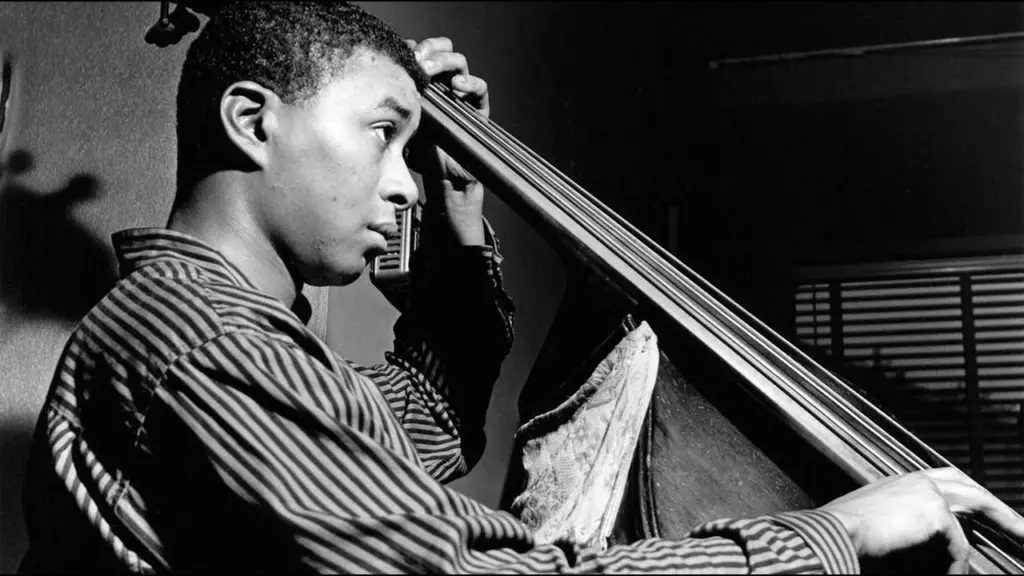
“One of the most influential jazz bassists of all time, Paul Chambers was born in Pennsylvania in 1935 but grew up in Detroit playing baritone and tuba. He began learning the double bass at the end of the 1940s and began working as a sideman to a number of important artists. By 1955, he was a member of the Miles Davis Quintet and played on some very famous jazz albums with giants of the genre including Miles Davis’ “Kind of Blue,” John Coltrane’s “Giant Steps” and many Wynton Kelly albums.”
5. Ray Brown
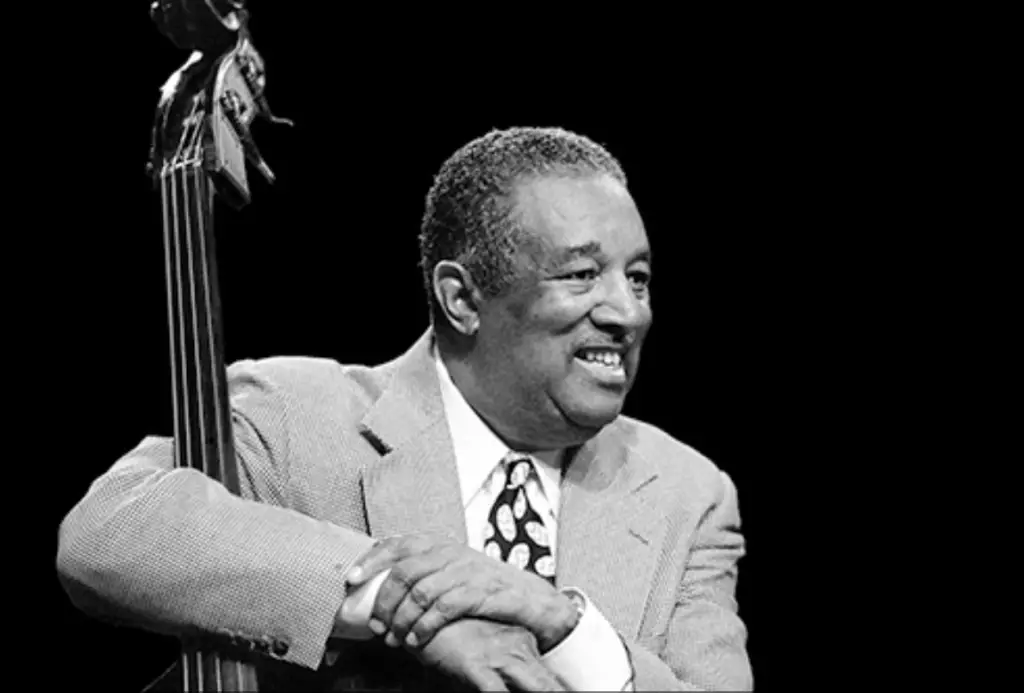
“One of the most influential bassists in jazz history, Ray Brown is best known for his work with the Oscar Peterson Trio and with Ella Fitzgerald. Originally from Pittsburgh, Pennsylvania, Brown began on the piano at a young age and made the switch to double bass after he learned of an opening in his high school’s jazz ensemble. He moved to New York City when he was 20 years old in 1946. Here he began to work with some of the most prominent musicians of the era, including pianist Hank Jones, trumpeter Dizzy Gillespie, and vibraphonist Milt Jackson.”
4. Stanley Clarke

“While Stanley Clarke is equally a master of the best double bass song and electric bass and a lively visionary on both devices, he is also an accomplished composer, as evidenced by a lot of his solo disks, the groove-heave 1976 launch, School Days, and his film scores. Clarke is a master of jazz-rock combination, particularly during his period with Return to Forever. Still, he could put down a funk groove unlike any other, and he shouts like a madman.”
3. Jaco Pastorius
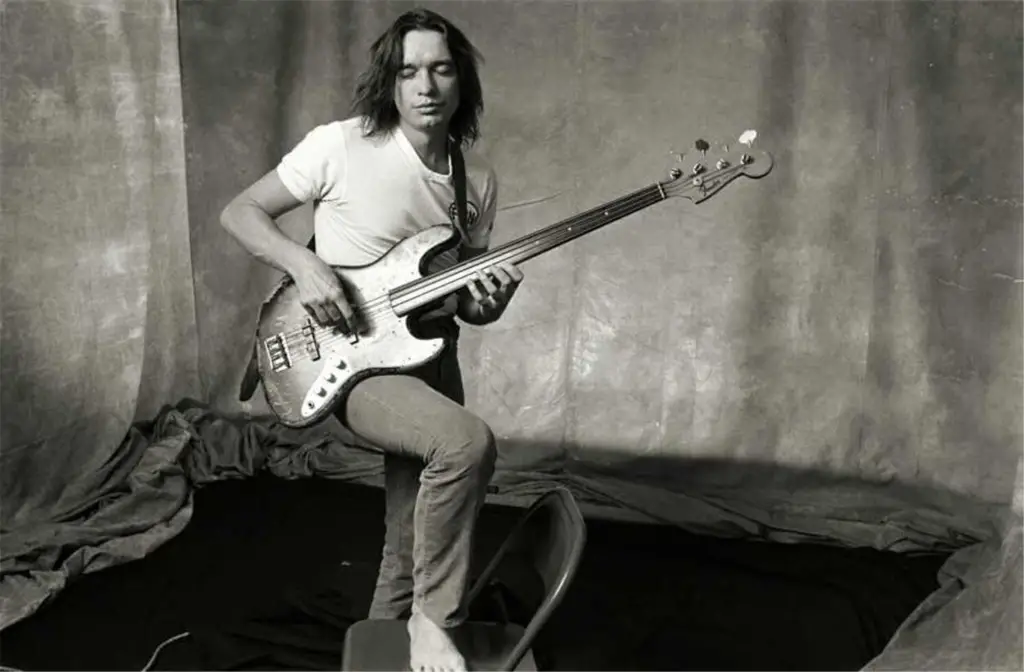
“Another mainstay of all “greatest jazz bassist of all time” lists is Jaco Pastorius. Widely regarded as one of the preeminent electric bassists, Pastorius was a wild and iconoclastic character who raised the profile of the instrument in jazz for all time. Originally from South Florida, Pastorius became a bass instructor at the University of Miami in the early 1970’s. Here he met guitarist Pat Metheny, who was also on the faculty at the time. The two would go on to record Metheny’s acclaimed debut L.P., Bright Size Life.”
2. Ron Carter

“Ron Carter has performed over 2,500 records and secured a place in jazz history among the world’s top jazz bass players. Doing a great deal more than helping anchor the rhythm, Carter is a melodic master. In his five-decade-long profession. He has played countless jazz legends, such as a five-year stint at Miles Davis’s quintet, an outfit that also contained Herbie Hancock, Wayne Shorter, and Tony Williams.”
1. Charles Mingus
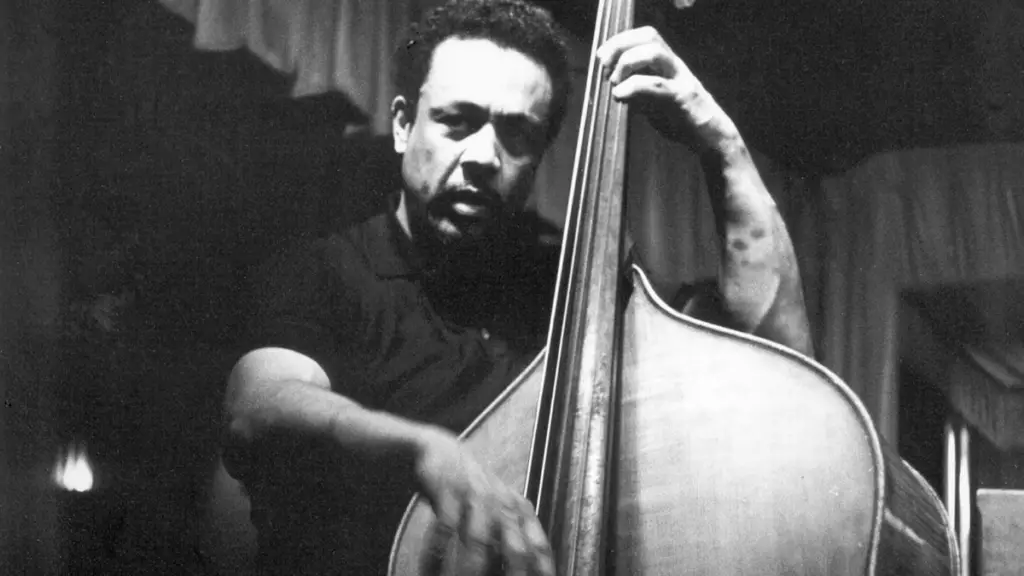
“Though he was a superlative bassist with a singular style and became an important bandleader in the bebop era, Charles Mingus is rare among the best jazz bassists in that he was also a noteworthy composer who could play piano. Born in Arizona, Mingus started out on the cello before becoming a double bass prodigy as a teenager. He played with Louis Armstrong and Lionel Hampton early on in his career before meeting Charlie Parker and becoming a bebop convert.”

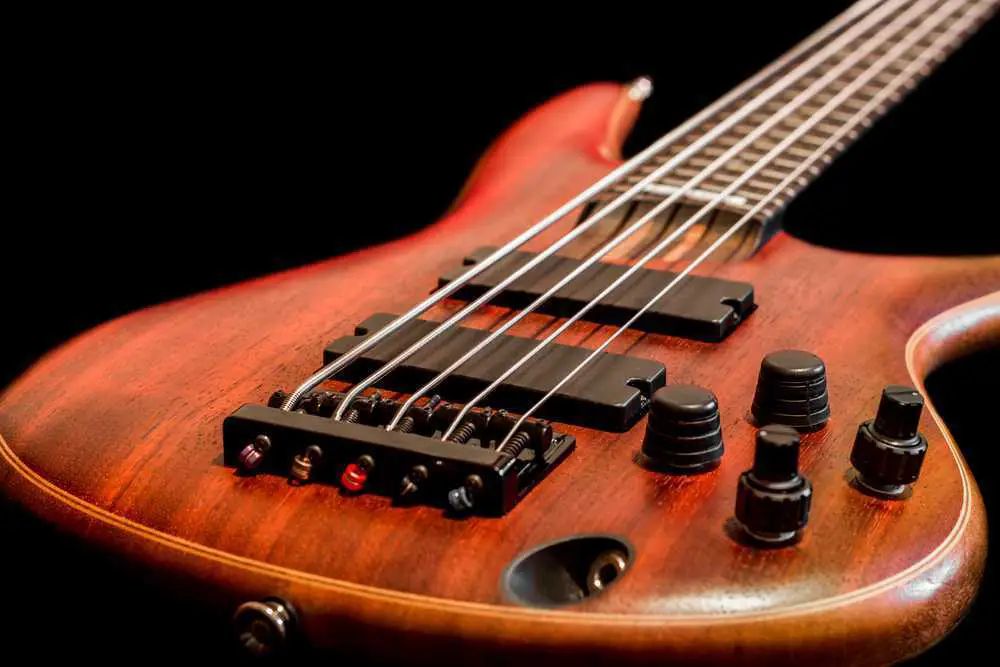
I’d should test with you here. Which is not something I usually do! I get pleasure from studying a post that can make folks think. Also, thanks for permitting me to comment!